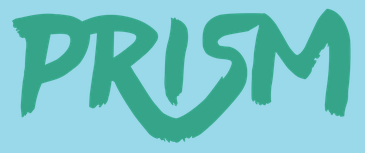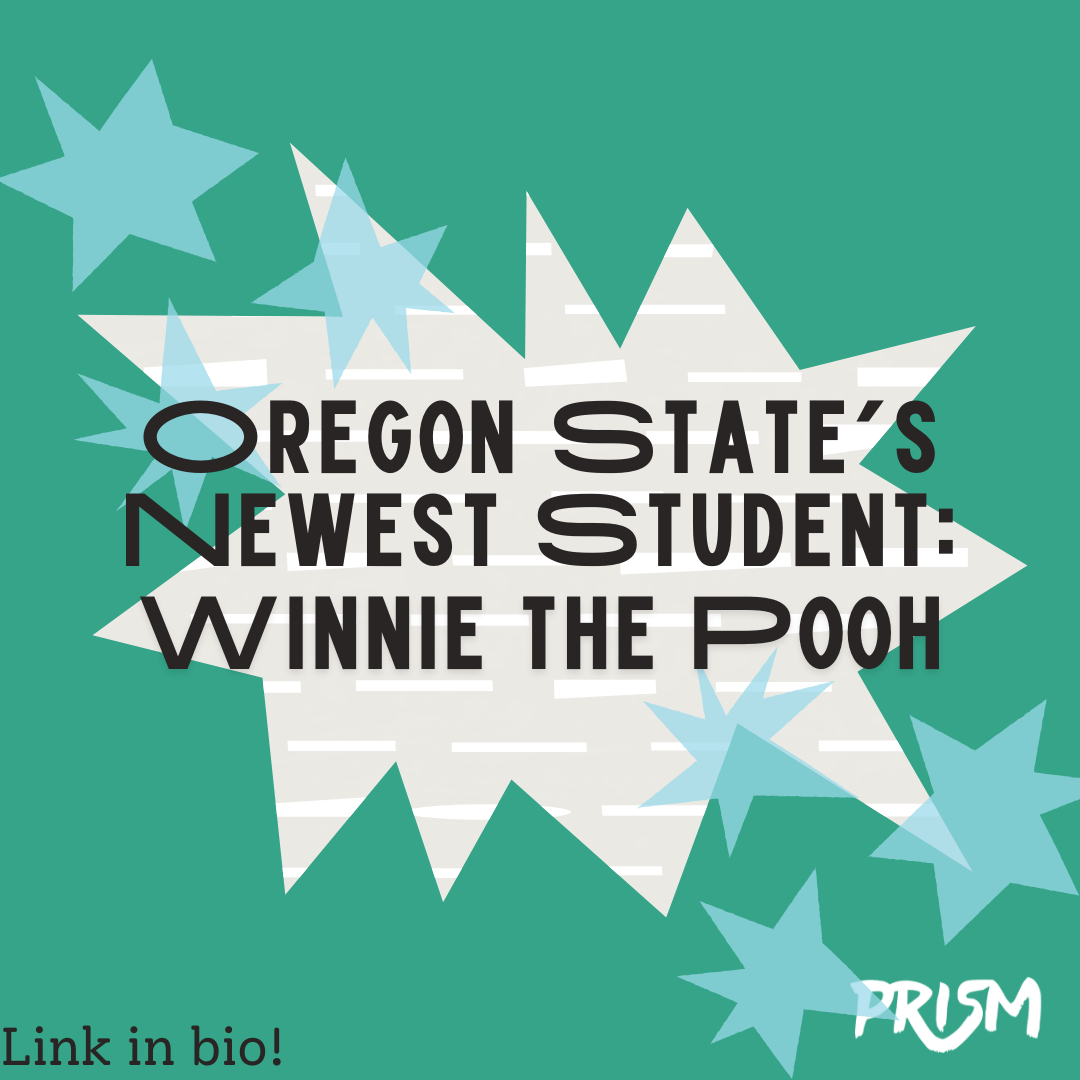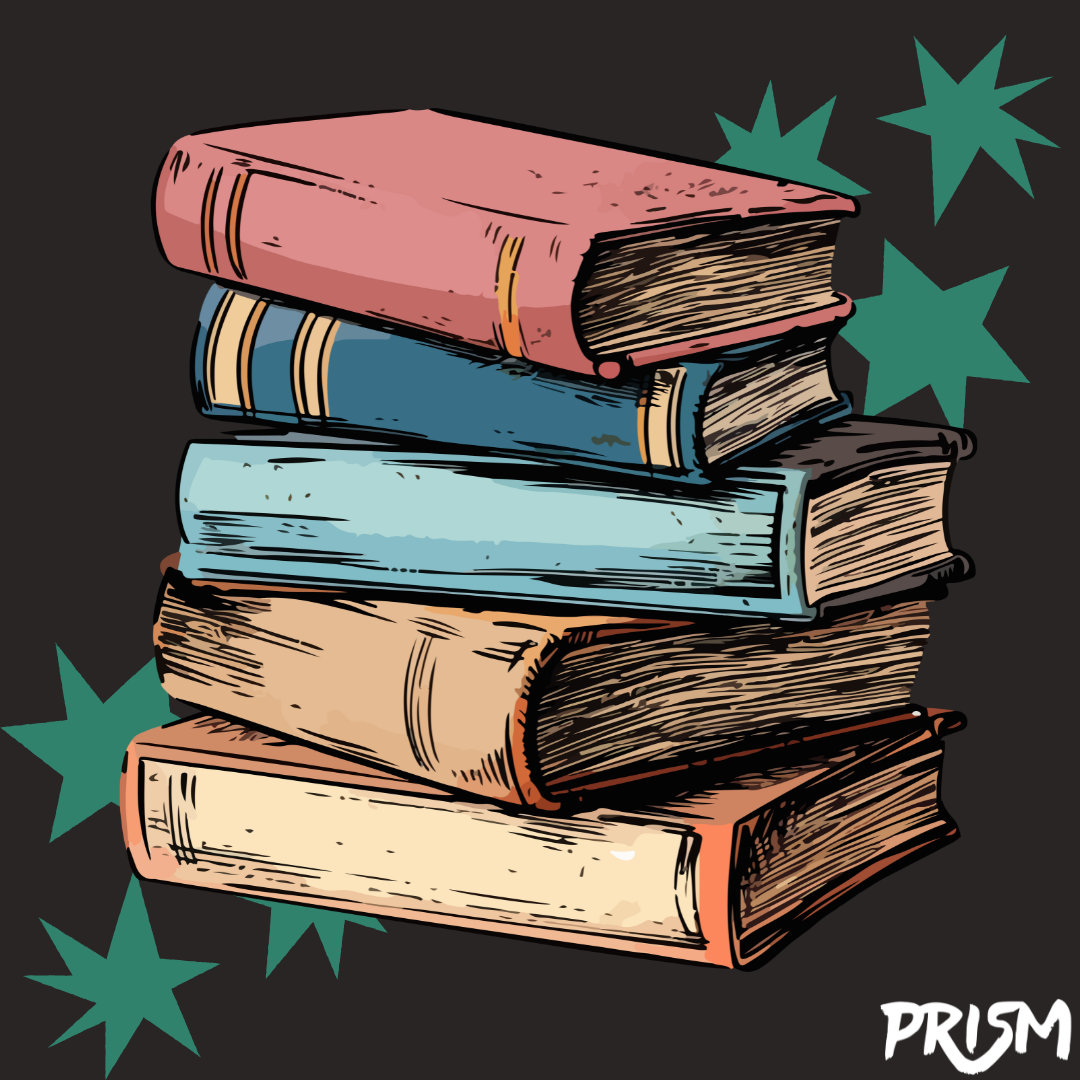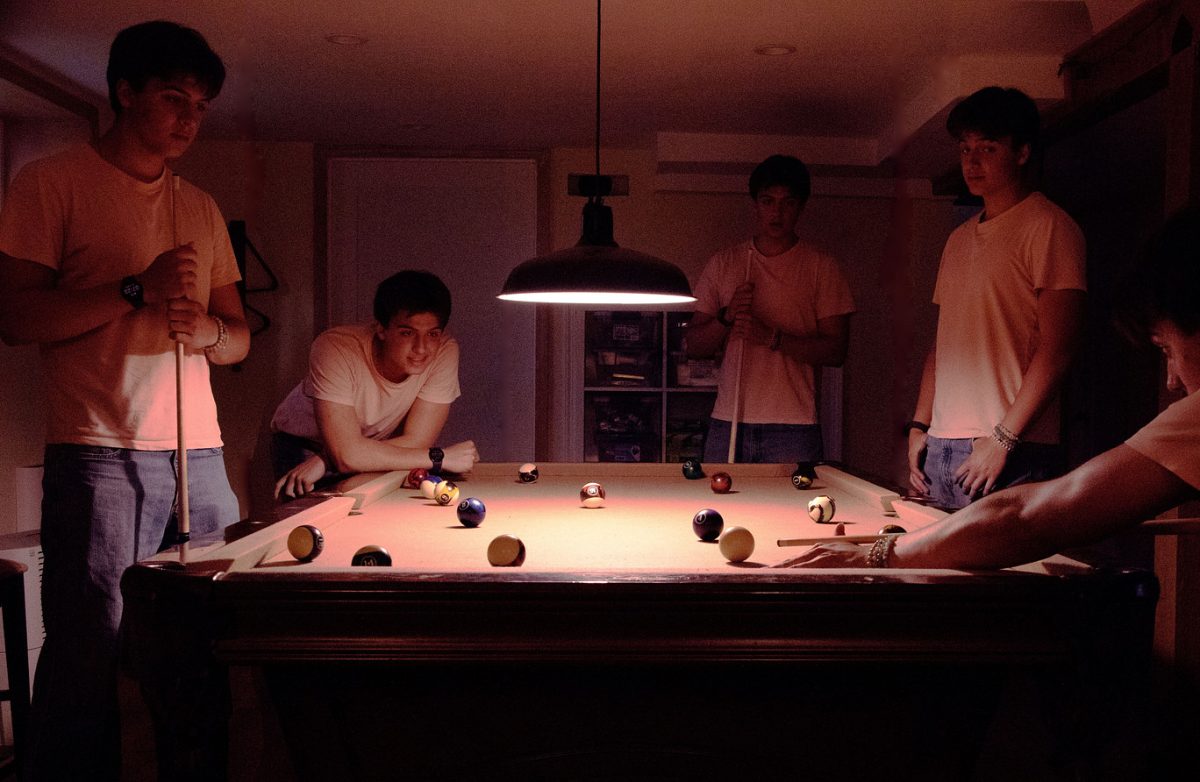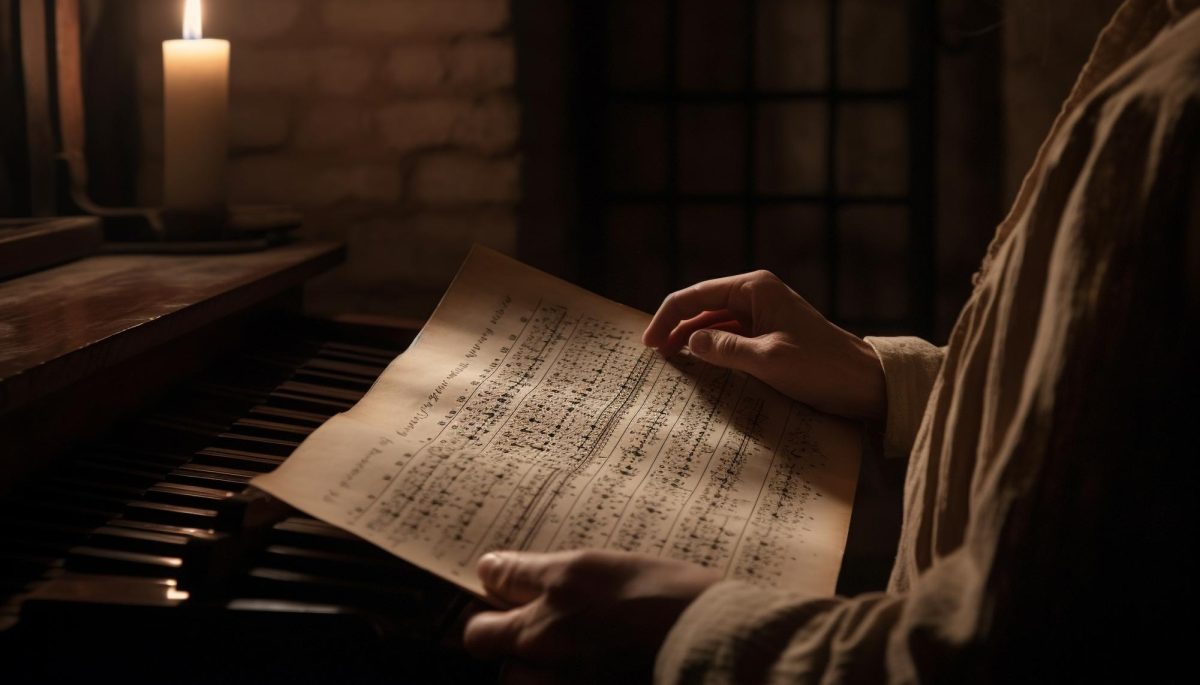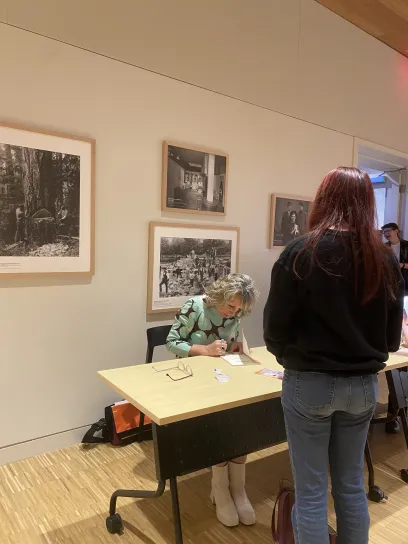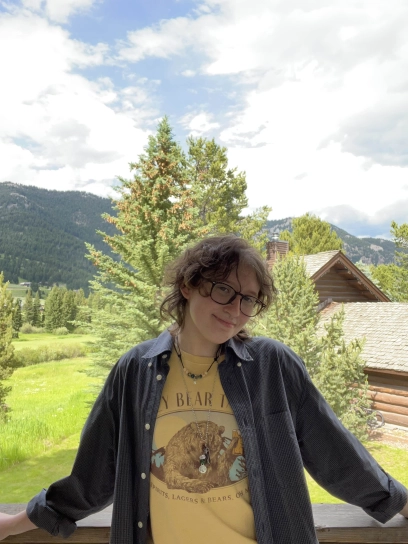With Election Day practically upon us, I’ve found myself exhausted with American politics, and yet somehow unable to look away. Having spent the entirety of my young adulthood in “unprecedented times” and now voting in my first presidential election, I often find my mind wandering to The Bigger Questions™ filling me with a certain existential dread about the fate of the world.
Any of this sounding familiar to you? Well, fear not! If you need to indulge these complex emotions while still remaining at an arm’s length from reality, might I suggest getting cozy with a dystopian novel? Like many other people in my generation, reading “The Hunger Games” in elementary school fundamentally changed my brain chemistry and I don’t think I (or the literary world) have ever fully recovered. With this long-lasting obsession and a half-finished creative writing degree as my only qualifications, I offer you my curated list of dystopian novels to pull you through the rest of this election cycle.
So, once you’ve cast your ballot and gotten involved with the issues that matter to you, curl up and turn the page. Whether you’re wanting a thought-provoking read reflecting on the current political climate or simply wry commiseration, there is a story out there to scratch that itch.
The Classics
Well, they’re classics for a reason! These are the backbone of the genre and works that, in my opinion, remain genuinely captivating whether you consider yourself to be a particularly “literary” person or not.
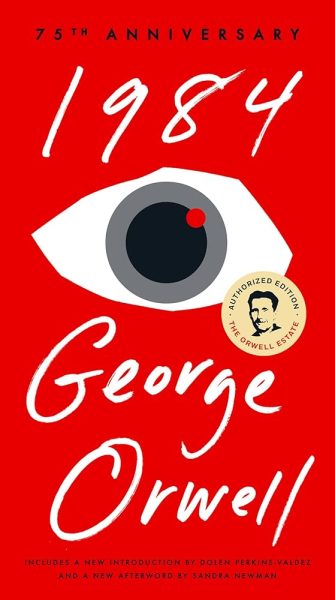 “1984” by George Orwell (1949): Readers follow Winston Smith, a low-ranking member of “the Party,” a government entity that controls every aspect of the public and private lives of their citizens. With the omniscient Big Brother always watching and a strict ban on even thinking rebellious thoughts, Winston grapples with his place in the system and what it means to be human in a world that celebrates the decimation of individuality. But as Winston begins to question more and more, he doesn’t know who or what to trust, including himself. Themes explored include censorship, the dangers of totalitarianism, manipulation and control, free thought, propaganda and sexual liberation.
“1984” by George Orwell (1949): Readers follow Winston Smith, a low-ranking member of “the Party,” a government entity that controls every aspect of the public and private lives of their citizens. With the omniscient Big Brother always watching and a strict ban on even thinking rebellious thoughts, Winston grapples with his place in the system and what it means to be human in a world that celebrates the decimation of individuality. But as Winston begins to question more and more, he doesn’t know who or what to trust, including himself. Themes explored include censorship, the dangers of totalitarianism, manipulation and control, free thought, propaganda and sexual liberation.
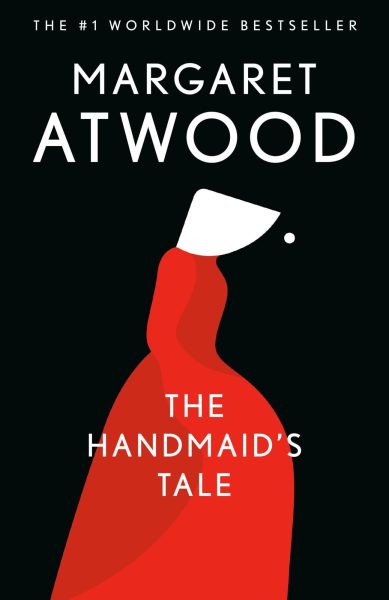
“The Handmaid’s Tale” by Margaret Atwood (1985): In the near future, the United States is overthrown and replaced with a patriarchal theocratic state. Human-caused environmental havoc has led to low fertility and the new Republic of Gilead has forcibly relegated women capable of conception to sexual “Handmaids” for powerful couples who cannot conceive. The story follows a woman referred to as Offred (as in “of Fred,” the man she must serve) as she navigates having her rights stripped from her and becoming nothing more than a vessel of reproduction for elite religious conservatives. Atwood’s novel masterfully tackles themes of bodily autonomy, complacency as a form of complicity, feminism, reproductive rights, and the role of religion in government. (Trigger Warning: This book depicts rape as “ritualized sex” and other sexual violence).
YA Dystopian (The Good, the Bad and the “Uglies”)
While there have been many Young Adult dystopian novels created in the last 20 years, nothing will ever hit the same way “Divergent” did when you were nine and probably too young to be reading it anyway. Sometimes you have to embrace the cringe for old time’s sake but there are still great quality YA dystopian novels out there.
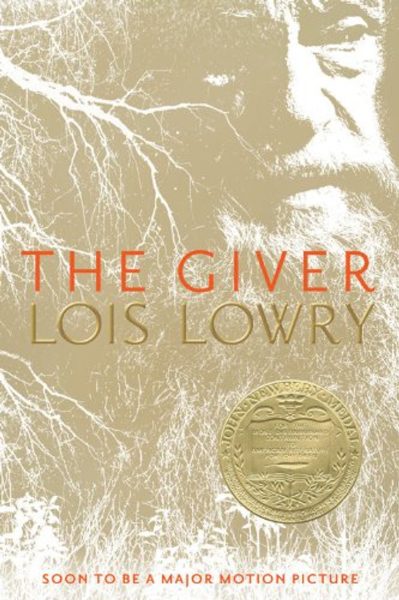 “The Giver” by Lois Lowry (1994): The novel that represents the birth of YA dystopian as a genre, is set in a futuristic society that has eliminated all pain, hatred, jealousy, violence — and choice. Readers follow 11-year-old Jonas as he and his classmates graduate from school and are assigned jobs hand-picked by government leaders based on their skills. Much to his surprise, Jonas is told he will become the next Receiver of Memory, a venerated assignment that, once fully trained, he will serve out alone until he is “released” (the mysterious but culturally celebrated ritual that marks the end of a person’s time in the community, never to be seen again). He is mentored by the old Receiver, who now calls himself the Giver, and discovers the true nature of his job: Jonas must receive all the memories and secrets of the world before their community in order to advise the government and he will never be able to tell a soul. The more he learns about the deep joys and sorrows of the world, the less certain he becomes that the tranquil control of his community is worth abandoning emotion. This is truly a beautifully written novel that explores themes of collective consciousness, the human condition, control and public humiliation, the narrative construction of history and choice.
“The Giver” by Lois Lowry (1994): The novel that represents the birth of YA dystopian as a genre, is set in a futuristic society that has eliminated all pain, hatred, jealousy, violence — and choice. Readers follow 11-year-old Jonas as he and his classmates graduate from school and are assigned jobs hand-picked by government leaders based on their skills. Much to his surprise, Jonas is told he will become the next Receiver of Memory, a venerated assignment that, once fully trained, he will serve out alone until he is “released” (the mysterious but culturally celebrated ritual that marks the end of a person’s time in the community, never to be seen again). He is mentored by the old Receiver, who now calls himself the Giver, and discovers the true nature of his job: Jonas must receive all the memories and secrets of the world before their community in order to advise the government and he will never be able to tell a soul. The more he learns about the deep joys and sorrows of the world, the less certain he becomes that the tranquil control of his community is worth abandoning emotion. This is truly a beautifully written novel that explores themes of collective consciousness, the human condition, control and public humiliation, the narrative construction of history and choice.
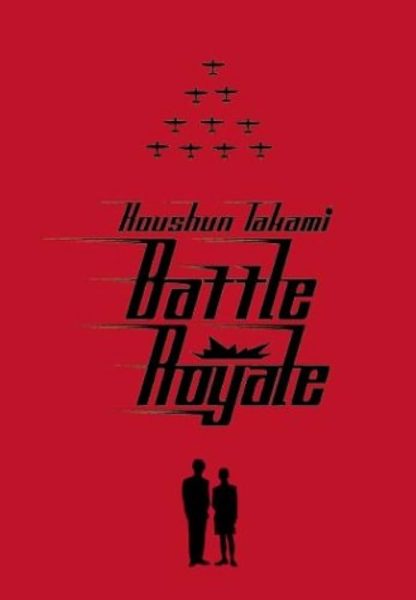 “Battle Royale” by Koushun Takami (1999): Toeing the line between dystopian and all-out horror, Takami’s novel establishes a “Lord of the Flies”-esque, pre-“Hunger Games” government-sanctioned fight to the death. Forty junior high school students are on the bus for a field trip when they are gassed and wake up on a remote island with metal collars chained to their necks. In this alternate present, Japan never lost World War II and is now run by a fascist regime. As a part of a military program, a handful of randomly selected classes are kidnapped by the government and given instructions on how they must now murder their classmates until only one remains standing. Shocking yet thrilling, Takami explores themes of power, paranoia, public control and the psychology of violence.
“Battle Royale” by Koushun Takami (1999): Toeing the line between dystopian and all-out horror, Takami’s novel establishes a “Lord of the Flies”-esque, pre-“Hunger Games” government-sanctioned fight to the death. Forty junior high school students are on the bus for a field trip when they are gassed and wake up on a remote island with metal collars chained to their necks. In this alternate present, Japan never lost World War II and is now run by a fascist regime. As a part of a military program, a handful of randomly selected classes are kidnapped by the government and given instructions on how they must now murder their classmates until only one remains standing. Shocking yet thrilling, Takami explores themes of power, paranoia, public control and the psychology of violence.
Lesser Known Treasures & Genre Benders
Maybe these are only lesser known to me or perhaps they are new enough that they haven’t yet been fully cemented into the general public’s perception of the genre. Speaking of which, what even defines a genre anyways?
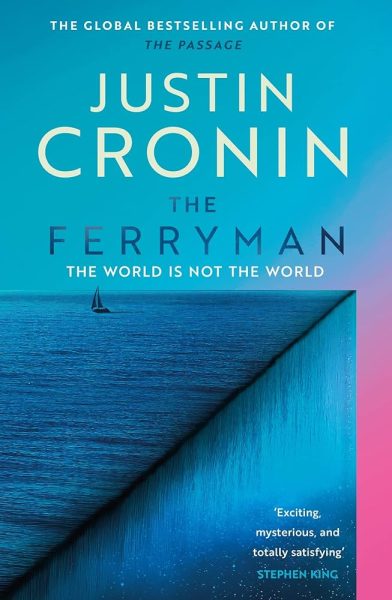 “The Ferryman” by Justin Cronin (2023): Get ready to sink your teeth into this one! Google tells me it is 540 pages but as an audiobook type of guy myself, all 20 hours had me hook, line and sinker. The titular ferryman is protagonist Proctor Bennett, who lives on a small collection of islands called Prospera, protected from the horrors of climate change and war suffered by whatever remains of the outside world. Prosperans live fulfilling and affluent lives catered to by “support staff” before an implanted medical device indicates that their time is up and they are ferried off to the Nursery where their bodies are rejuvenated, their memories wiped and sent back to Prospera to live another life. Proctor is content, even honored to serve his community through his job; that is until he begins having dreams, a phenomenon no other Prosperan is meant to have. An increasingly disturbing series of events sends Proctor on a journey where he discovers there is so much more to the story of Prospera. At no point did I know where this book was going next, with big reveal after big reveal. Thematically, the heart of this story is the human spirit: All the ways humans find a way to survive or a way to destroy, the stories we tell ourselves to cope, our infinitely unknowable future. If you have the time to get into it, I highly recommend!
“The Ferryman” by Justin Cronin (2023): Get ready to sink your teeth into this one! Google tells me it is 540 pages but as an audiobook type of guy myself, all 20 hours had me hook, line and sinker. The titular ferryman is protagonist Proctor Bennett, who lives on a small collection of islands called Prospera, protected from the horrors of climate change and war suffered by whatever remains of the outside world. Prosperans live fulfilling and affluent lives catered to by “support staff” before an implanted medical device indicates that their time is up and they are ferried off to the Nursery where their bodies are rejuvenated, their memories wiped and sent back to Prospera to live another life. Proctor is content, even honored to serve his community through his job; that is until he begins having dreams, a phenomenon no other Prosperan is meant to have. An increasingly disturbing series of events sends Proctor on a journey where he discovers there is so much more to the story of Prospera. At no point did I know where this book was going next, with big reveal after big reveal. Thematically, the heart of this story is the human spirit: All the ways humans find a way to survive or a way to destroy, the stories we tell ourselves to cope, our infinitely unknowable future. If you have the time to get into it, I highly recommend!
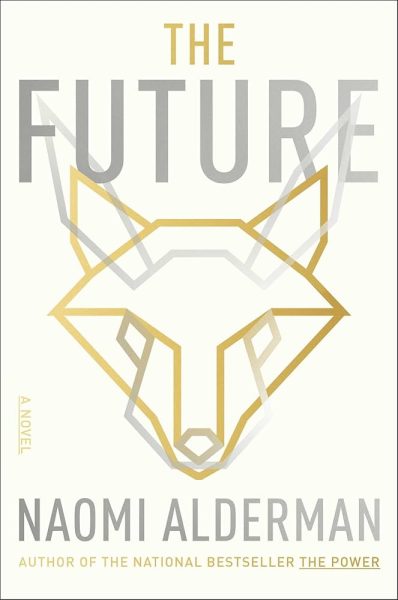 “The Future” by Naomi Alderman (2023): Perhaps better known for her 2017 novel “The Power,” Alderman writes another success toeing the line between sci-fi and dystopian, asking, “What happens when the ultra-rich have the power to bring about the end of the world and the money to survive it?” Martha Einkorn, who recently escaped her father’s apocalyptic death cult, has somehow found herself working for a power-hungry tech mogul and surrounded by cutting-edge technology that has the power to save and destroy lives. Lai Zhen is a famous survivalist and content creator who, when caught in a mall shooting, miraculously finds an app she never installed giving her detailed directions on how to get out alive. The two women’s lives collide and as they witness a few billionaires fly humanity into the ground, they know they must act on an idea that could be good or very, very bad.
“The Future” by Naomi Alderman (2023): Perhaps better known for her 2017 novel “The Power,” Alderman writes another success toeing the line between sci-fi and dystopian, asking, “What happens when the ultra-rich have the power to bring about the end of the world and the money to survive it?” Martha Einkorn, who recently escaped her father’s apocalyptic death cult, has somehow found herself working for a power-hungry tech mogul and surrounded by cutting-edge technology that has the power to save and destroy lives. Lai Zhen is a famous survivalist and content creator who, when caught in a mall shooting, miraculously finds an app she never installed giving her detailed directions on how to get out alive. The two women’s lives collide and as they witness a few billionaires fly humanity into the ground, they know they must act on an idea that could be good or very, very bad.
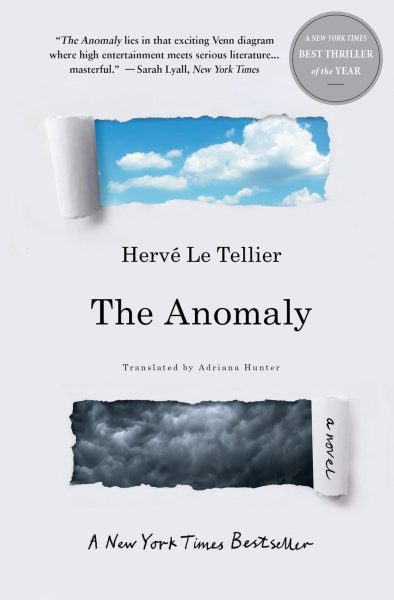 “The Anomaly” by Hervé Le Tellier (2020): This book breaks the boundaries of both genre and literature, hitting readers with a certain existential catharsis. Though winning many awards and gaining renown in France (the text’s original language), it has yet to be as widely known to American audiences. The book follows the story of Air France flight 006 and its ensemble of passengers, all of which, in some way, have been living double lives — a womanizing pop star who is secretly gay, a respectable family man who moonlights as a contract killer, an award-winning writer of a book no one has heard of titled “The Anomaly,” who is as much a mystery to himself as to the public. Upon trying to land at JFK Airport after some unexpected turbulence, the passengers find themselves (and the plane) detained by the US government without explanation as they scramble to assemble top secret teams and global geniuses. For the passengers, and soon the team of intellectuals summoned, living a double life takes on a different meaning. This novel is a mind-melting combination of sci-fi, dystopian, classical French philosophy, government thriller and meta-analytical highbrow literature, all packaged into a surprisingly accessible page-turner. Behind the curtain stands an equally impressive author who pulls knowledge from his vast array of vocations, including science journalism, linguistics, math, food criticism and philosophy, as well as being a prominent member of an experimental literary movement that created new constraints in writing, often based on mathematical problems.
“The Anomaly” by Hervé Le Tellier (2020): This book breaks the boundaries of both genre and literature, hitting readers with a certain existential catharsis. Though winning many awards and gaining renown in France (the text’s original language), it has yet to be as widely known to American audiences. The book follows the story of Air France flight 006 and its ensemble of passengers, all of which, in some way, have been living double lives — a womanizing pop star who is secretly gay, a respectable family man who moonlights as a contract killer, an award-winning writer of a book no one has heard of titled “The Anomaly,” who is as much a mystery to himself as to the public. Upon trying to land at JFK Airport after some unexpected turbulence, the passengers find themselves (and the plane) detained by the US government without explanation as they scramble to assemble top secret teams and global geniuses. For the passengers, and soon the team of intellectuals summoned, living a double life takes on a different meaning. This novel is a mind-melting combination of sci-fi, dystopian, classical French philosophy, government thriller and meta-analytical highbrow literature, all packaged into a surprisingly accessible page-turner. Behind the curtain stands an equally impressive author who pulls knowledge from his vast array of vocations, including science journalism, linguistics, math, food criticism and philosophy, as well as being a prominent member of an experimental literary movement that created new constraints in writing, often based on mathematical problems.

